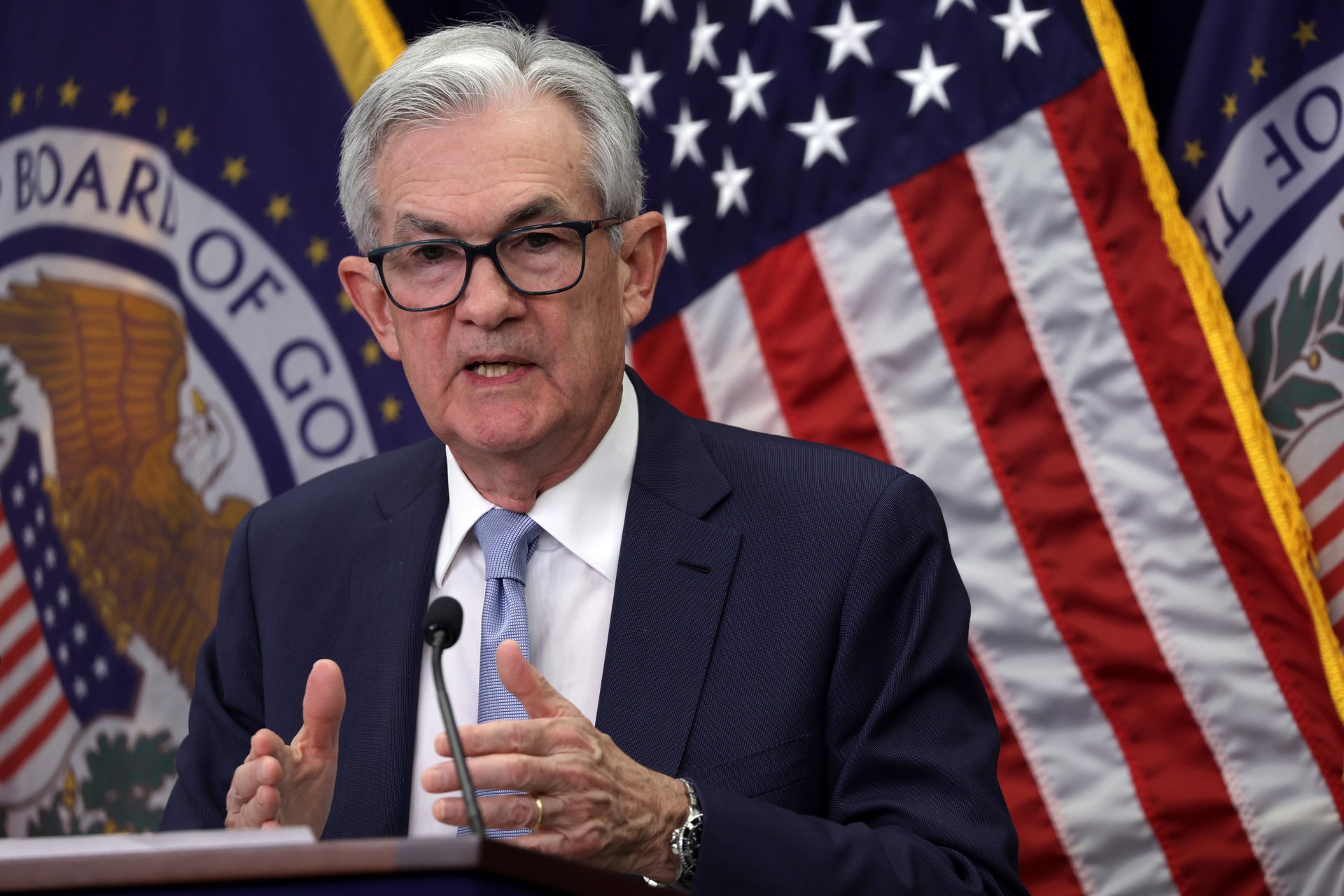Interest rates around the world are set to reach their highest point since 2007
The world's leading central banks are set to announce the latest series of rate hikes, a key indicator of success in the fight against inflation

Central banks in the US, UK, and the euro zone are widely expected to raise benchmark interest rates to their highest levels since just before the financial crisis 15 years ago.
Investors expect the Federal Reserve to raise rates by 25 basis points on Feb. 1, followed by 50 basis-point increases by the Bank of England and the European Central Bank the next day. This pace marks a slowdown from last year’s aggressive hikes, as inflation cools and unemployment levels remain low.
Fed officials predicted in December that they would lift rates above 5% in 2023, and then keep them elevated through the year. The anticipated hike in February would bring the federal funds target rate to a range of 4.5% to 4.75%.
Investors are preparing for a number of datasets this week, including benchmark employment data from the US Department of Labor.
Fed chair Jerome Powell is expected to remain patient as new inflation data comes in. While increases in the country’s consumer price index have slowed substantially, concerns remain that a hot job market and recent wage growth could temper the Fed’s efforts to keep the economy from running hot.
Charted: Inflation in 2022
Germany’s economy heads for a cold winter
Just two weeks after German chancellor Olaf Scholz said he was “absolutely convinced that this will not happen—Germany going into a recession,” Europe’s largest economy looks like it is headed for just that.
Germany’s economy, expected to stay flat in the fourth quarter, instead shrank by an adjusted 0.2% from the previous quarter.
The downturn, which German economic minister Robert Habeck blamed on high energy prices caused by Russia’s invasion of Ukraine, made the possibility of a mild recession much more likely. We’ll know this week whether that will be enough to make the ECB reconsider its expected path on rate hikes.
